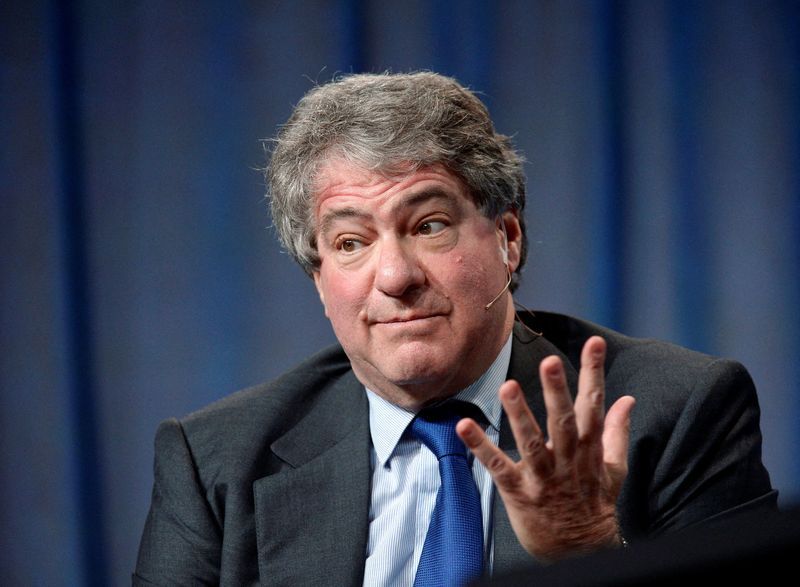
Introduction
Leon Black, the former CEO of Apollo Global Management, has played a critical role in shaping the private equity landscape over the past few decades. His business decisions and philanthropic efforts not only influence the financial world but also impact various cultural and educational initiatives. As a significant figure in the finance industry and the art community, understanding Black’s journey and contributions is essential, especially in light of recent developments surrounding his departure from Apollo.
Career Highlights
Leon Black co-founded Apollo Global Management in 1990, which has since grown into one of the most prominent private equity firms globally. Under his leadership, the firm raised over $500 billion in assets and executed various landmark deals, emphasizing the acquisition of undervalued companies and driving operational improvements. Black’s investment strategies were often characterized by their contrarian nature, making significant profits during economic downturns.
However, Black’s career experienced scrutiny following his association with Jeffrey Epstein, a convicted sex offender. In 2021, after pressure from investors and the board, Black announced his decision to retire from Apollo, amid concerns about his ties to Epstein and the potential reputational risk it posed to the firm. His departure marked a significant transition for Apollo and raised questions about leadership and accountability in the finance sector.
Philanthropic Ventures
Beyond his financial endeavors, Leon Black is also known for his philanthropic contributions, particularly in the arts. He has been heavily involved with institutions like the Museum of Modern Art (MoMA) in New York, where he previously served as chairman. Black has made substantial donations to support art education and community outreach programs, reflecting his commitment to cultural enrichment.
The Future for Leon Black
As of now, Leon Black remains a prominent name in financial and philanthropic circles, with ongoing discussions about his potential new ventures post-Apollo. His legacy in private equity is likely to influence future generations, as aspiring financiers study his approaches to unconventional investments and business strategies.
Conclusion
Leon Black’s journey through the complexities of finance and his philanthropic initiatives exemplify the dual roles that influential figures can play in society. While his connection to Epstein clouded his legacy, his impact on the private equity environment and the art world cannot be ignored. Looking ahead, it will be intriguing to see how Black navigates the next chapter of his career and what that means for the finance and philanthropic sectors. As the contours of finance evolve, Leon Black’s experiences will undoubtedly offer valuable lessons for both leaders and newcomers in the industry.



